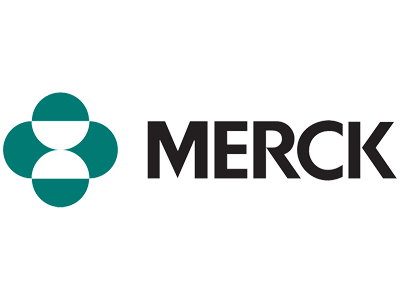FDA Approves First-Line Immunotherapy for Patients with MSI-H/dMMR Metastatic Colorectal Cancer – Drug Information Update

The U.S. Food and Drug Administration approved Keytruda (pembrolizumab) for intravenous injection for the first-line treatment of patients with unresectable or metastatic microsatellite instability-high (MSI-H) or mismatch repair deficient (dMMR) colorectal cancer. This marks the first immunotherapy approved for this patient population as a first-line treatment and which is administered to patients without also giving chemotherapy.
MSI-H and dMMR tumors contain abnormalities that affect the proper repair of DNA inside the cell. The frequency of MSI-H varies across tumor types and stages, and approximately 5% of patients with metastatic colorectal cancer have MSI-H or dMMR tumors.
Common side effects of Keytruda include fatigue, musculoskeletal pain, decreased appetite, itchy skin (pruritus), diarrhea, nausea, rash, fever (pyrexia), cough, difficulty breathing (dyspnea), constipation, pain, and abdominal pain. Keytruda can cause serious conditions known as immune-mediated side effects, including inflammation of healthy organs such as the lungs (pneumonitis), colon (colitis), liver (hepatitis), endocrine glands (endocrinopathies) and kidneys (nephritis). Patients who experience severe or life-threatening infusion-related reactions should stop taking Keytruda. Women who are pregnant should be advised that Keytruda may cause harm to a developing fetus. Women who are breastfeeding should not take Keytruda because it may cause harm to a breastfed child.

